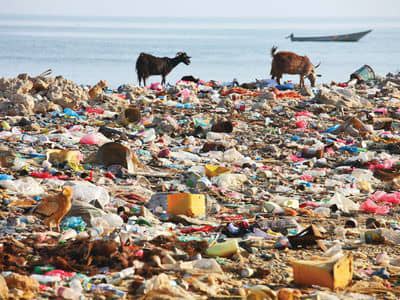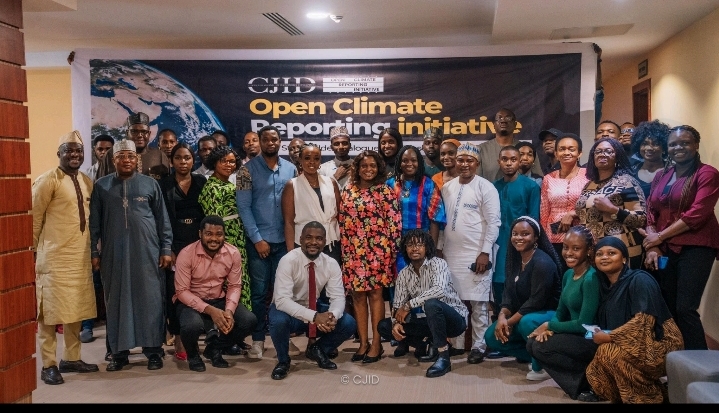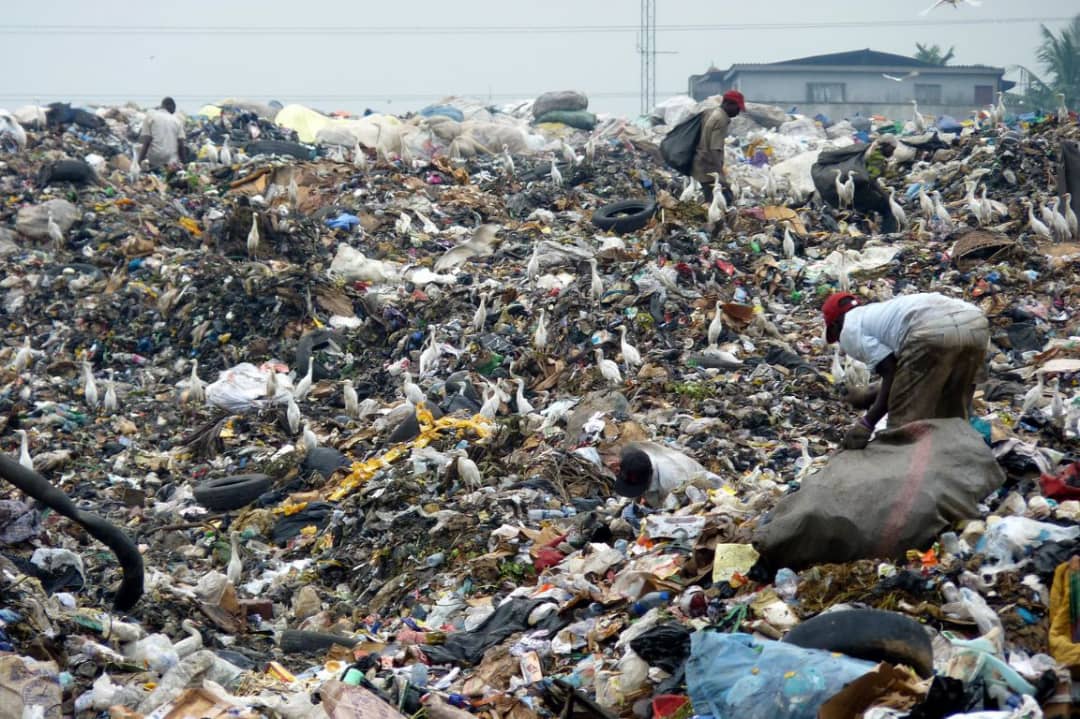UN plastic pollution summit fails to reach agreement despite majority supporting ambitious measures

…WWF calls on countries to unite around necessary binding upstream measures and urgently adopt the treaty that people and nature need
World Wildlife Fund (WWF) is disappointed that countries failed to reach an agreement despite a vast majority of governments demanding ambitious measures that science has shown can stop plastic pollution.
Almost all countries stood up and applauded Rwanda’s lead negotiator Juliet Kabera’s call on countries during the final INC-5 plenary to symbolically show their support for a globally binding and ambitious plastic pollution treaty that extends over plastics’ entire lifecycle.
In addition, during the plenary session, Mexico together with a majority group of 95 countries from various regions, stated that they will not accept a treaty without binding global bans and phaseouts on harmful plastic products and chemicals of concern.
WWF calls on countries to unite on the necessary binding upstream measures to end plastic pollution, develop the lists of products and chemicals to be banned, and to conclude the negotiation process as soon as possible.
Essential measures of a future agreement must include global bans and phaseouts of harmful plastics and chemicals, global product design, a robust finance mechanism, and means for strengthening the treaty over time.
Commenting on the failure to reach agreement, Erin Simon, Vice President and head of plastic waste and business, WWF, said:
“It’s disheartening to walk away from INC-5 without a meaningful treaty in hand. Allowing a minority of actors to obstruct progress through the week, predictably resulted in breaking the promise made at the beginning of these talks. When Member states unanimously agreed to deliver a treaty the planet needs by 2024, the world believed them. Now, the price for inaction is far greater than wasted time, it puts both planetary and human health on the line and sets us up for a scenario where ambition could diminish over time.
“But we can’t ignore the progressive majority. From Rwanda’s statement on behalf of over 84 countries demanding binding action on elimination of products and chemicals of concern and a target to reduce production to Mexico’s proclamation for 95 countries, the overwhelming majority applauded in enthusiastic support. This sentiment cannot be ignored as we move forward.
“As we look ahead to 2025, and navigate what an INC 5.2 could look like, countries must come to the table ready to fight for our future. The current draft has some of the ingredients for success, but we can’t back down on delivering a legally binding text that finally puts us on a course to eliminate plastic pollution.”





